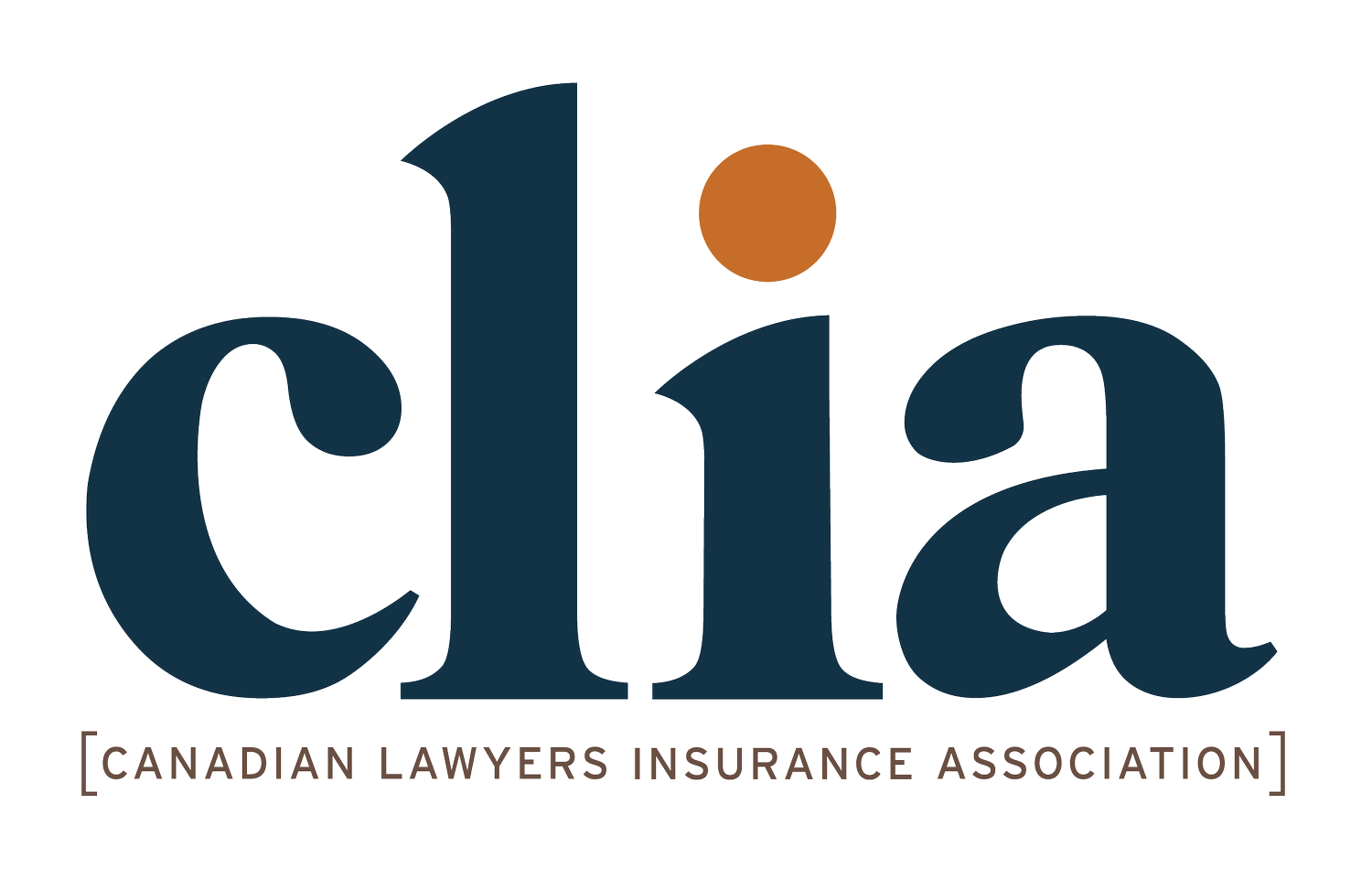Roundup: New Lawyer’s Guide to Avoiding Mistakes
Being a new lawyers can be overwhelming. While law school, the bar course and articling can teach skills such as legal research and writing, new lawyers may still need guidance in some of the day-to-day strategies to work more efficiently and effectively. The ‘New Lawyer’s Guide to Avoiding Mistakes’ series by blog contributors Kelsey Barnes and Zina Scott shares numerous tips to help new and more experienced lawyers alike:
A lawyer’s diary system can be a critical tool for organization and practice management. While we are encouraged from a very early point in practice, usually during articling, to begin using a diary system to track our work, many young lawyers find themselves unsure of what to track in their diary, why it is so important, and what type of diary system to implement for their practice.
Vacation time for lawyers is both critical to our well-being and unfortunately, disruptive. Young lawyers at our firm often struggle with how to plan their vacation time, deciding how available to be during vacation, and how to adequately prepare their files for their vacation. If taking vacation as a young lawyer is making you nervous, consider some of these practical tips for taking vacation time and ensuring that there is adequate coverage for your legal practice while you are away.
For a lot of junior lawyers, you reach a time when you may need to transition files to a new lawyer due to a career change, leave, or change in practice areas. As I approach a parental leave, here are some tips and suggestions that I am utilizing to transition files prior to my leave.
One of the most critical skills a young lawyer can develop is not necessarily displayed in the Courtroom, it’s the art of managing client expectations. While legal practice is about crafting arguments, interpreting case law and legislation, and zealous advocacy, it is also a customer service industry. Lawyers often feel pressure to keep their clients happy and deliver the results that they are paying for. How you manage your client’s hopes, fears, expectations, and demands can shape your professional relationships, impact your reputation, and ultimately determine how stressful your practice is. Here are some tips to excel.

